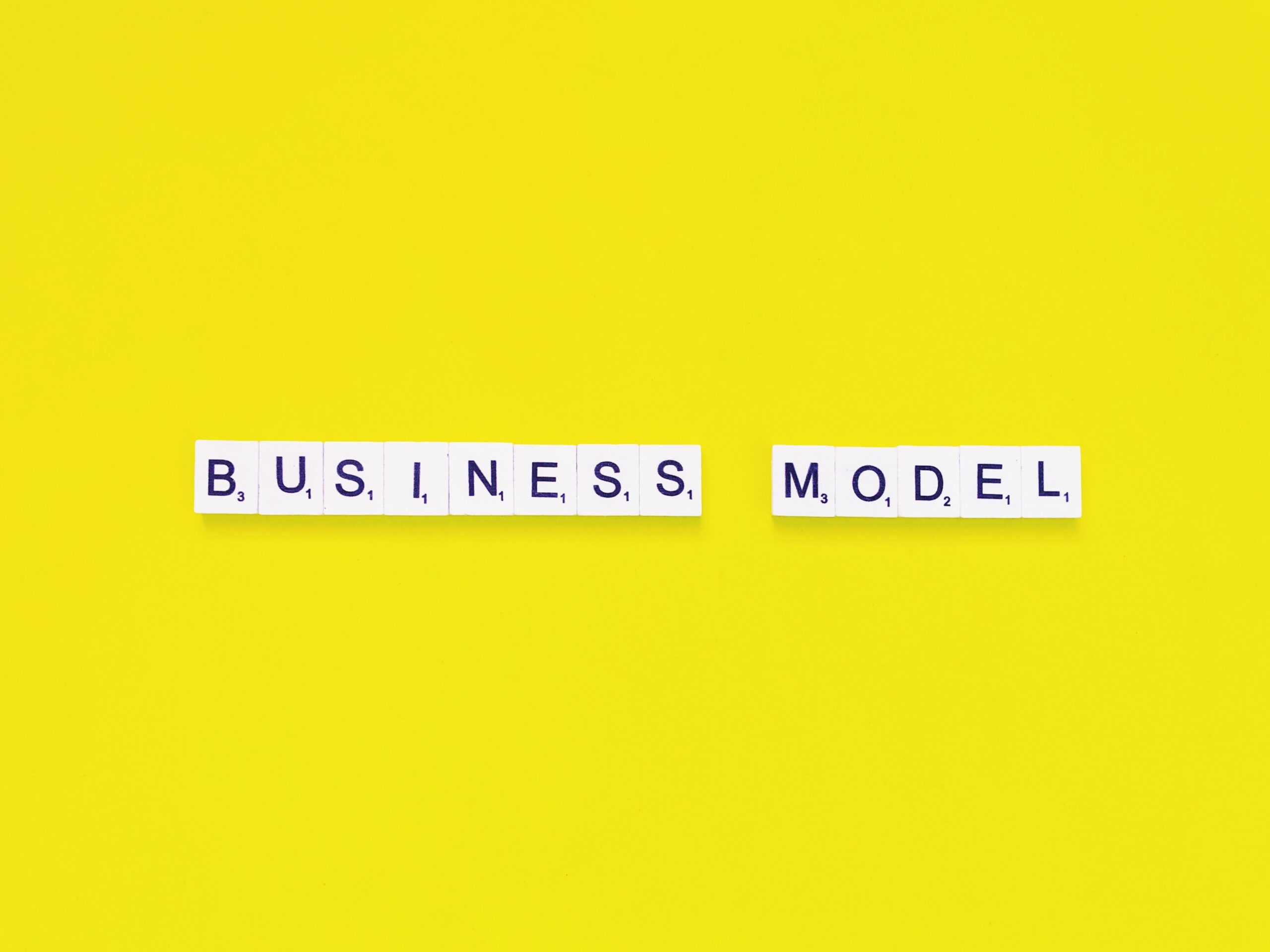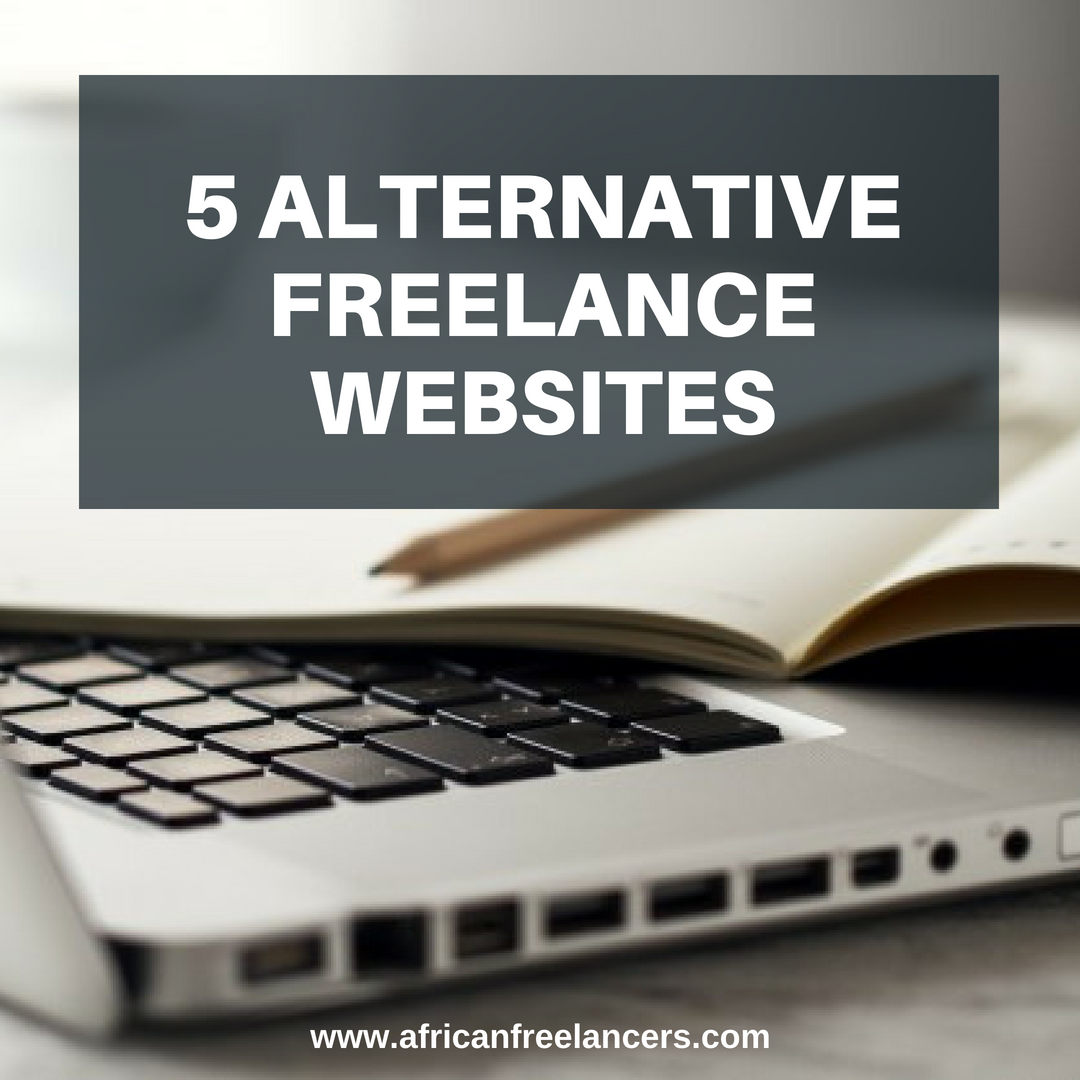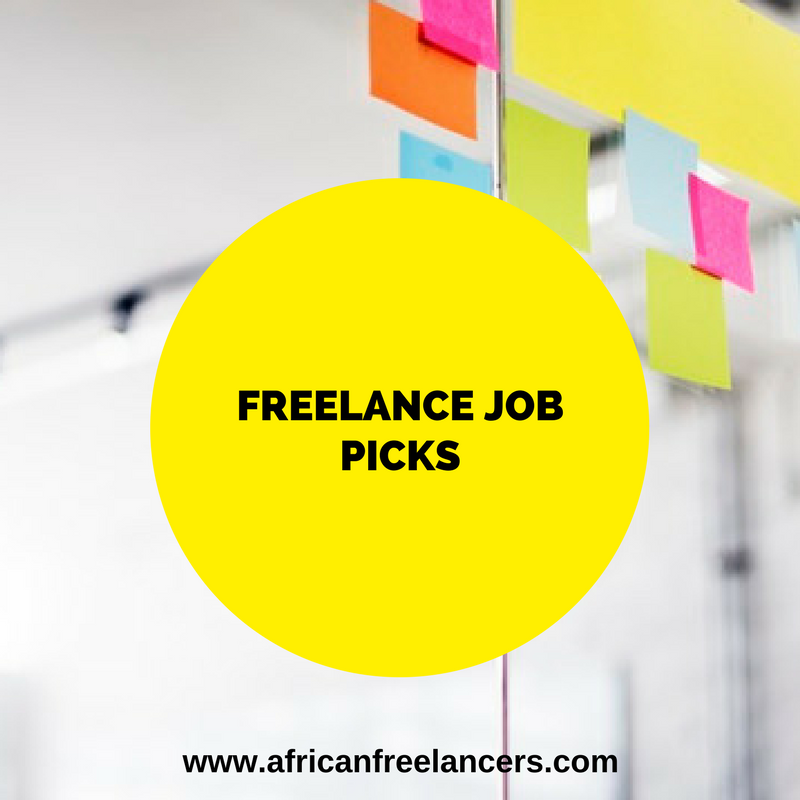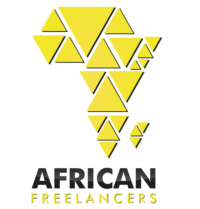Picture this: you land a high-paying gig with an international client on Upwork or LinkedIn. You’re excited to begin, but just before the onboarding meeting, they send you a document titled Non-Disclosure Agreement (NDA) and ask you to sign it immediately. You’re stuck. Should you sign it? What does it even mean? Is this normal? A Non-Disclosure Agreement for freelancers simply means agreeing not to share or misuse the sensitive information a client reveals to you during or after the project.
A Non-Disclosure Agreement (NDA) is a legal contract that binds one or both parties to keep certain information confidential. NDAs are becoming increasingly common. Clients, especially from the U.S., U.K., Canada, and even startups across Africa, want to ensure their business strategies, product ideas, financials, or personal data stay protected. For African freelancers offering services in writing, web development, design, virtual assistance, or digital marketing, this shift toward stricter confidentiality is a sign of trust but also responsibility.
In this guide, we’ll explain NDAs, why they matter, what to look out for before signing, and how African freelancers can even use NDAs themselves when needed.
Why African Freelancers Must Understand NDAs
As freelancing continues to open doors for African professionals across borders, understanding the legal expectations of international clients becomes critical and NDAs are a big part of that conversation.
1. International Clients Often Require NDAs
Many clients in North America, Europe, and even more structured startups in Africa will require freelancers to sign an NDA before any work begins. This is especially common in fields like tech, marketing, finance, and content creation where sensitive information, strategies, or intellectual property are involved. For example, a client might want you to edit a pitch deck for investors or write content about a product that hasn’t been released yet. Signing an NDA gives them the confidence that their proprietary information won’t be leaked, stolen, or misused.
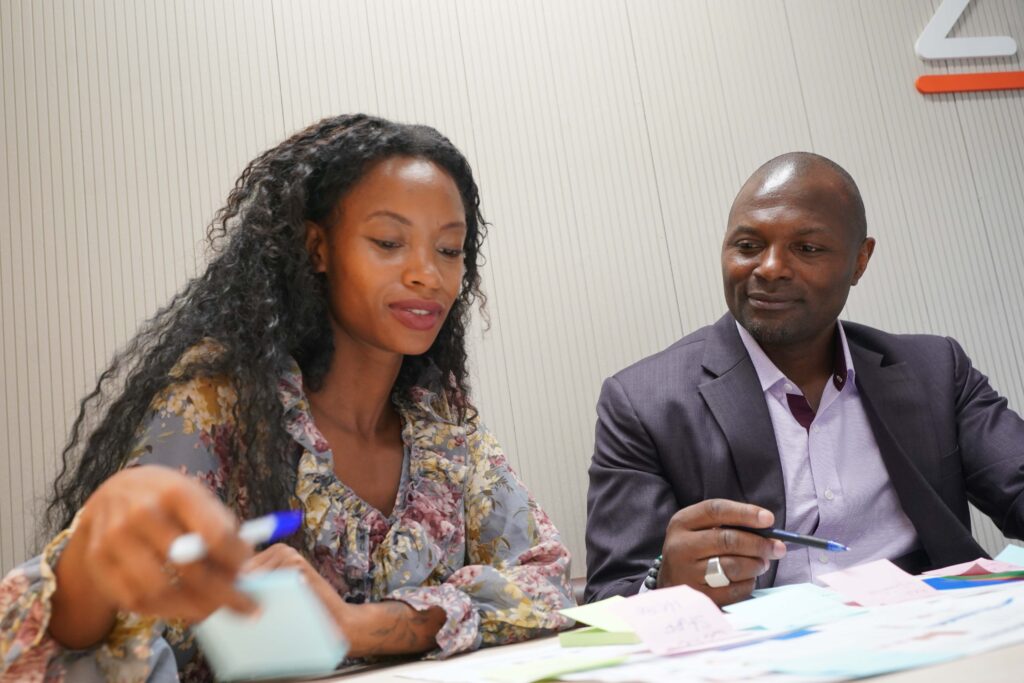
If you don’t understand what the NDA entails, you may either sign something you shouldn’t or miss out on opportunities simply because you hesitated or declined out of fear.
2. Protecting Yourself From Legal or Reputational Risks
NDAs aren’t just for your client’s protection, they’re also for yours. An NDA helps prevent misunderstandings that could lead to legal threats or damaged relationships. Imagine a situation where a client accuses you of leaking confidential data. If you have an NDA, the expectations are spelled out, and you’re in a better position to defend yourself. It also discourages clients from making unreasonable demands outside the scope of the agreement.
3. Creating a Perception of Professionalism and Credibility
Freelancers who understand and respect contracts like NDAs automatically stand out. You come across as professional, experienced, and trustworthy — qualities that make clients more willing to work with you, pay higher rates, and even recommend you.
Some international clients specifically look for freelancers who are “contract-ready,” meaning they won’t need to be handheld through the basics of business agreements.
4. Navigating Unfamiliar Legal Systems as an African Freelancer
Let’s be honest, many NDAs are written using legal jargon and are governed by laws from countries you may not be familiar with, such as the U.S. or U.K. This can be confusing or intimidating, especially if you don’t have access to affordable legal advice. That’s why understanding the basics of NDAs is crucial. It helps you ask the right questions, request clarifications, and even negotiate terms that are fair to you. It also prepares you to handle situations where clients may try to exploit your unfamiliarity with legal procedures.
As an African freelancer working globally, you’re not just offering your skill, you’re also navigating multiple cultures, systems, and expectations. Knowing how NDAs work is one way to protect your brand, your business, and your peace of mind.
Key Components of a Non-Disclosure Agreement for Freelancers
Understanding what’s inside a non-disclosure agreement (NDA) is just as important as signing one. Many freelancers, especially those new to international work, skip reading the details and end up bound by terms they don’t fully understand. Don’t let that be you.
Here are the key components of a non-disclosure agreement for freelancers, explained in simple terms:
1. Parties Involved
Every NDA must state who is signing the agreement. Typically, there are two parties:
– The Disclosing Party (the client sharing confidential information), and
– The Receiving Party (you, the freelancer, who is expected to keep that information private).
In some cases, an NDA can be mutual, especially if you’re also sharing sensitive ideas or processes with the client.
2. Definition of Confidential Information
This section outlines what exactly is considered confidential. It could include:
– Business plans.
– Source code or designs.
– Marketing strategies.
– Client lists.
– Financial documents.
– Passwords or backend access.
Be cautious of vague wording like “any and all information related to our business.” If it’s too broad, you may unknowingly agree to keep things secret that were never properly explained.
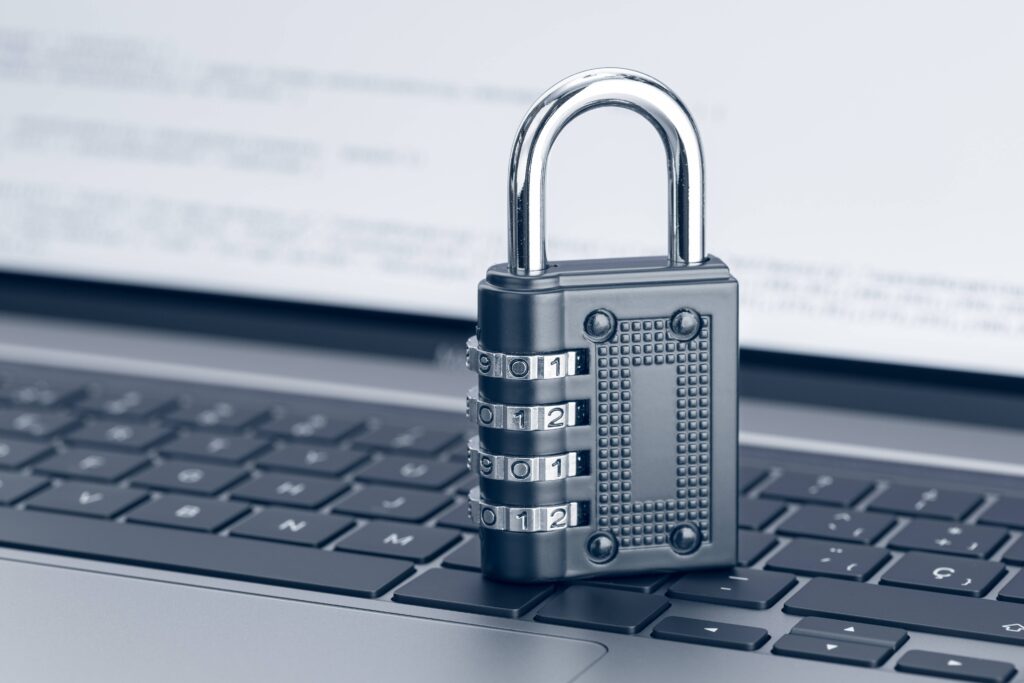
3. Scope of Obligation
This part explains what you’re allowed to do or not do with the confidential information. Most NDAs will:
– Prohibit you from sharing it with third parties.
– Restrict your ability to use it for personal gain.
– Require you to return or delete sensitive files after the project ends.
Make sure this section doesn’t include unrealistic demands like restrictions that would prevent you from working with other clients in the same industry.
4. Duration of the Agreement
How long are you expected to keep the information confidential? Some NDAs are only valid during the project, while others may last 1 to 5 years, or even indefinitely.
As an African freelancer, be cautious about indefinite NDAs, especially if the project is short-term. You don’t want to be legally bound for life over a 2-week writing gig.
5. Permitted Disclosures
This section outlines exceptions when you’re allowed to share confidential information. For example:
– If you’re legally required by a court or government.
– If the information becomes publicly available through no fault of your own.
– If you need to discuss it with a subcontractor (with permission).
6. Consequences of Breach
This is where things get serious. It explains what will happen if you violate the NDA, including:
– Legal action.
– Financial penalties.
– Termination of your contract.
Understand the risks. Even if you’re based in Nigeria, Kenya, Ghana, or South Africa, a client in another country may still try to pursue legal remedies especially if the NDA is governed by their local laws.
7. Jurisdiction and Governing Law
Most NDAs specify which country’s laws will apply in case of a dispute. This is called the governing law clause. It might say:
“This Agreement shall be governed by the laws of the State of California.”
As an African freelancer, this means any legal battle could happen in a foreign court, which is costly and complicated. While you may not be able to change this clause, you should at least be aware of what you’re agreeing to.
Understanding these key components helps you protect yourself, communicate better with clients, and make informed decisions before signing anything. The more familiar you become with contracts like NDAs, the more confident and professional you’ll appear and the more high-quality work you’ll attract.
Final Thoughts
Always remember, your skills might get you in the door but your professionalism keeps you in the room. One powerful way to show professionalism is by understanding and respecting non-disclosure agreements.
NDAs aren’t meant to scare you. With a little knowledge and confidence, you can use them to protect not just your clients but yourself and your freelance business.
And if you’d like resources and articles made specifically for African freelancers, check out our blog. It’s packed with tips, templates, and real talk on building a strong, sustainable freelance career. Also, join our freelancer community to access like-minded freelancers like you.


